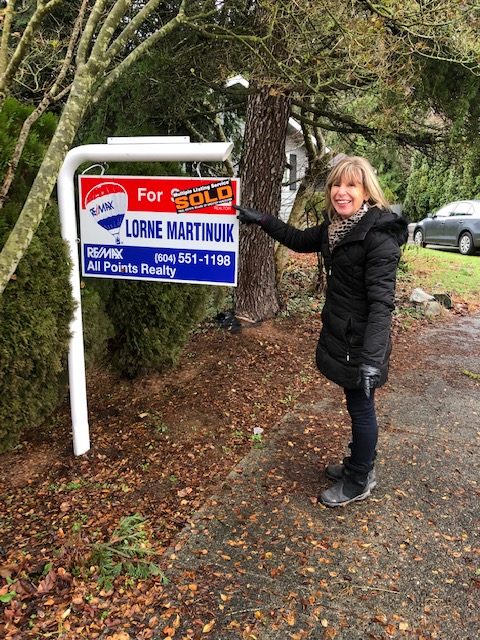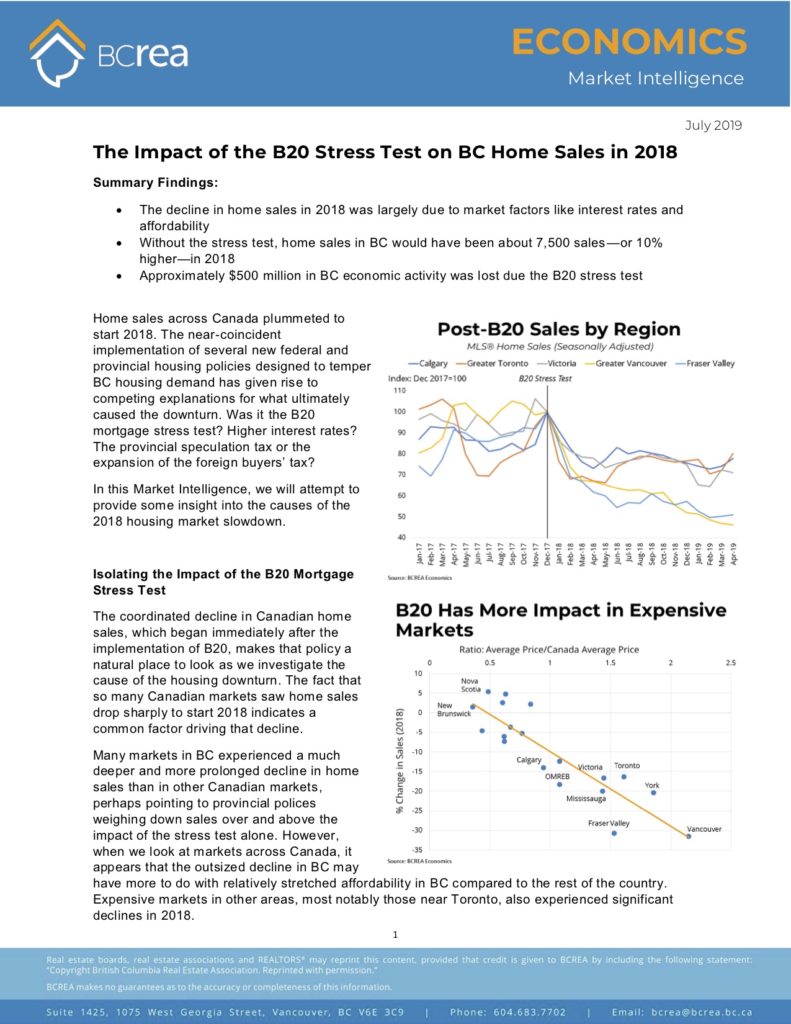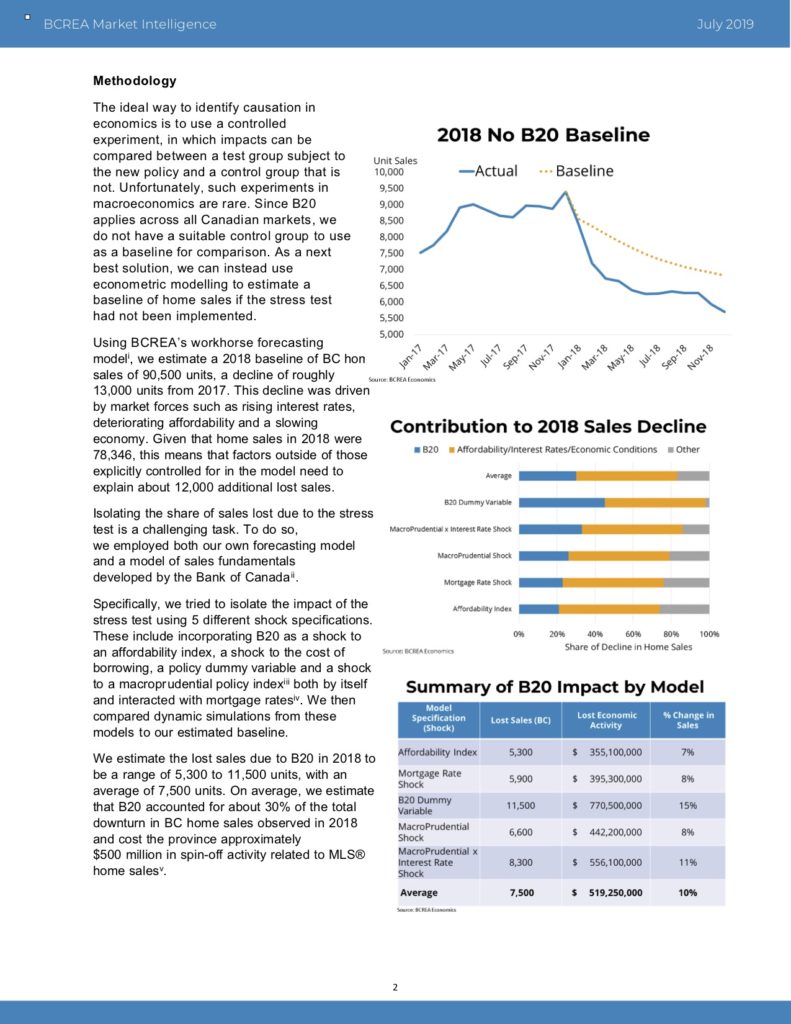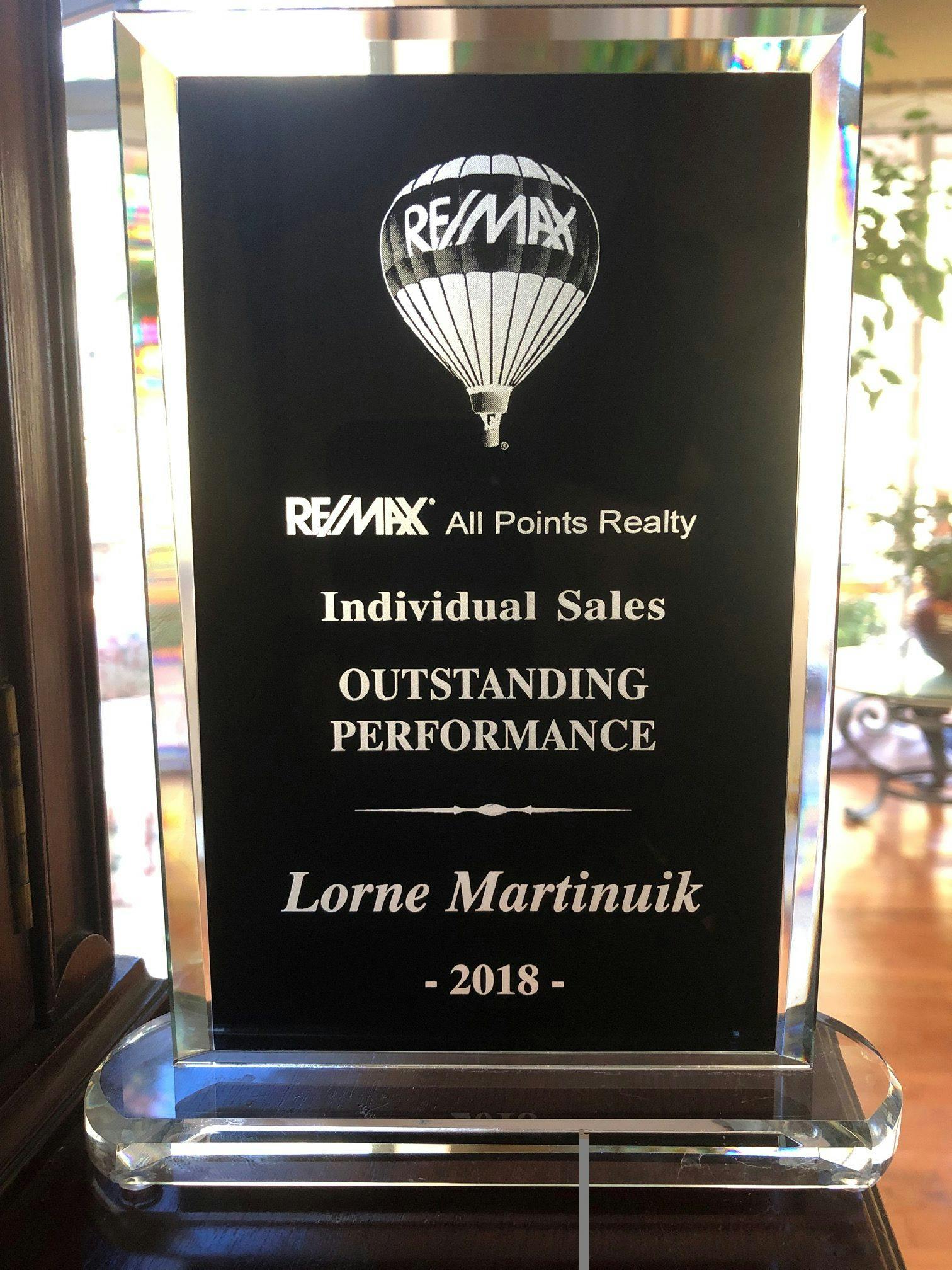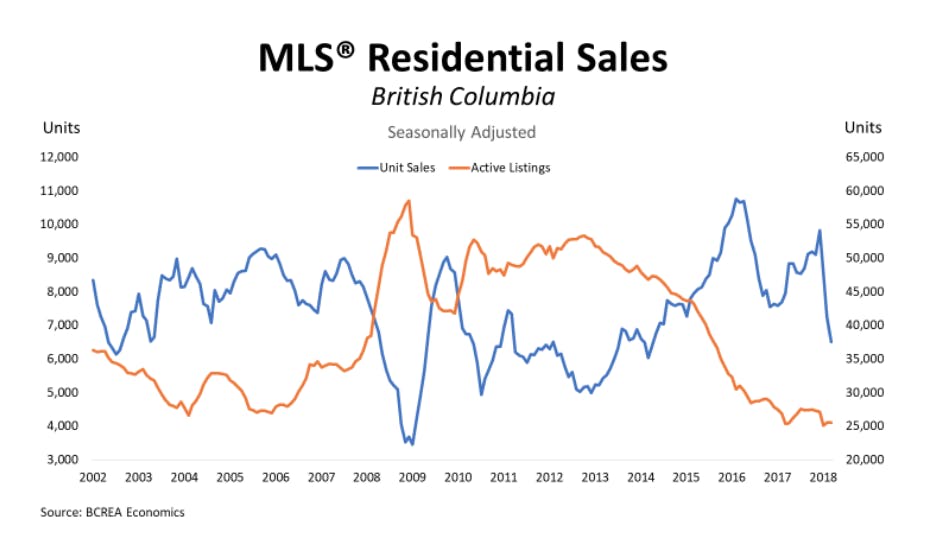The missing link between home ownership and perpetual renting remains supply. Either supply of homes to purchase, or supply of money with which to purchase.
The 2019 Budget addresses neither of these supply issues.
Short Version
1. Zero effort on creating additional housing supply.
2. Zero effort on creating access to money. On Jan 1, 2018 the Fed clawed back 40%+ of purchasing power (mortgage money) from you.
3. Dollar for dollar there is also a useless tweak to the RRSP loan program. Useless when the math is done.
4. A convoluted ‘shared ownership’ plan that creates more questions and concerns than it answers. Besides which it is only available if you borrow roughly 80% of what you currently qualify for today, which is closer to 50% of what you qualified for up until Jan 1, 2018.
5. Additional layers of complexity, that once the math is actually done on will demonstrate zero point zero zero zero zero one percent value to Canadian’s.
Long Version
Already a homeowner? There is nothing in this budget for you. Access to your home equity remains extremely difficult, more expensive thanks to the Fed. And your ability to move to a new home remains impaired by your existing mortgage which you may no longer be able to re-qualify for under the new rules. Still no grandfather clause for you.
*The one minor exception re existing homeowners is for those divorcing (in 2020, so hang in there) for whom access to an extra $10,000 of RRSP money may somehow matter. (You can already break that money out of your RRSP if you truly need it, so all Fed is saving you is between zero and $4,500 depending on your tax bracket) – this will be of a slight benefit to somewhere around 16 Canadian households in 2020.
What about the ‘shared ownership’ thing? The 5% or 10% downpayment help?
To do the math on this is premature, we will have to wait and see what the details truly are. Does the government forgive part of the loan if the property drops in value at a time when you are forced to sell due to a life event? Do they share in the profit when the property rises in value? Lots of questions.
But again, how many CDN’s with combined household incomes of $120,000 or less are not already borrowing close to the maximum they qualify for? Very few. So this program helps… very very few.
How many CDN’s can reduce their approved shopping budgets from ~$580,000 to $480,000 just to qualify for this program? What’s left to buy in their markets at that price?
These are the same people that qualified for up to $800,000 a little over a year ago before the stress test was implemented. The same people that do not miss their payments through thick and thin. But we are all being restricted anyways… just in case.
The 2019 Budget measures are effectively a further incentive towards restricting demand. Yes more ‘demand side economics’ which simply do not work.
In any event, there are many unknowns around these programs that will go unaddressed until as late as September of this year.
Should you wait to buy until then?
We’ve discussed this topic before; No.
You should never wait to buy.
When should you buy? The day you find a property that fits your budget and lifestyle for the foreseeable future (defined as ‘ability to hold the property for seven years’). That’s when you should buy.
Waiting for the government to ‘fix’ the housing situation is not a prudent option. Clearly.



